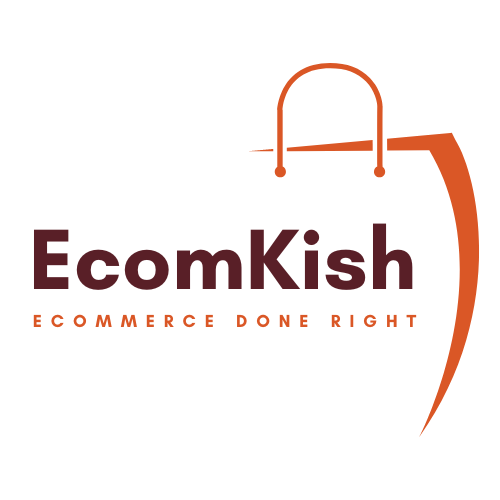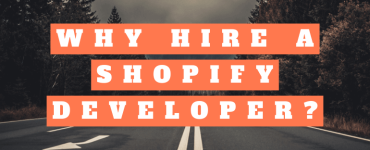
Ah! E-commerce. The familiar enigma many hate to love. It can be confusing, even when you know your way around. It is incredibly overwhelming if you are new to the scene. There always seems to be a new tool or concept that claims to be better than the last. Where do you start? Which tools do you use? When do you start? What do you sell, or is it, buy? Let’s dive into the world of Etsy and Shopify.
Table of Contents
1. What is Shopify?
Initially, if you needed to sell products online, you needed to find an experienced developer to make you a website that would allow you to upload your products to the website, sell to the customers, and collect payments on your behalf. This process was excruciatingly long, frustrating, and needlessly expensive.
Thousands of dollars would be spent before the business even took off. Imagine a drop shipper who is testing out new products. The initial process would take ages and a fortune to complete.
Enter, Shopify!
Shopify is a platform that allows you to have an e-commerce website up and running and ready to sell within a few hours with the cost implication of six cups of coffee. Seriously. The Shopify team built an engine for a fully-fledged e-commerce website. All you have to do is add a face to it in the form of a theme. Adding a theme is super easy because there are thousands of themes developed by independent developers that you can just add to your Shopify engine (although premium themes have varying prices).
The best part is that you don’t need to have any coding knowledge whatsoever. You simply need to know how to read and follow instructions.
2. What is Etsy?
Etsy is completely different from Shopify. It is an online marketplace that millions of people visit every day to buy products (both physical and digital) from different vendors. All you need to do is create an account and upload your products to start selling. It is easy to start and has zero upfront costs.
Etsy started as a marketplace for handmade items. Creatives would make their products and sell them through Etsy. Over time, it has morphed into an all-inclusive place where vendors selling non-artistic products can also sell.
3. Should you compare them?
It depends on the stage of growth your business is in. If you are totally green to e-commerce and flying solo, Etsy should be your first choice. Here’s why.
- It is easier to set up (you just need to sign up to start selling).
- It has a shallow learning curve.
- It is more forgiving financially, meaning there is room for making mistakes without taking too many financial hits.
- It is beginner friendly. You can browse around to see what other sellers are doing easily.
- There are almost zero monthly fees (depending on how many items you upload to your store).
Despite the many pros of Etsy, there are a few downsides. The competition on the platform is intense due to the low barrier to entry. You can’t create an e-mail list on Etsy. Your rating can mean the difference between life and death for your business, and Etsy can decide to shut your store down for any reason.
Shopify, on the other hand, is more independent. You need to understand the e-commerce landscape before you get into it. Unless, of course, you have a team that manages all the technical aspects of your business. There are upfront costs to starting on Shopify, and truth be told; you need money to be able to run a Shopify store, loadsamoney.
You need money for the monthly subscription and money to run ads (unless you have a blog, YouTube channel, podcast, or another source of traffic that sends traffic to your website). You must be financially and mentally prepared before selling on Shopify (think Murphy’s law). However, there are upsides to selling on Shopify. Here are a few.
- You are in total control of your website and business.
- You can create your e-mail list.
- Reviews do not have absolute power over your business.
- Unless you seriously violate Shopify Terms of Service, it is implausible that they will close your store.
- You can create personalized relationships with your clients by sending them custom offers.
Simply put, you should compare Etsy and Shopify when it comes to the growth of your business.
4. Which one is better for your business?
As previously discussed, this depends on your growth stage. You should work with Etsy if; you are new to e-commerce; you only want a passive source of income without serious overheads, or you don’t want to deal with the complexities of running your store.
Shopify helps you gain more control over your business if you wish to interact more with your customers or you want to create a distinctive brand.
Whichever one you choose, it should empower your business.
5. Conclusion
The choice you make right now will have long-running consequences for your business. Choosing Etsy over Shopify means you get started on your SEO efforts earlier and get indexed sooner on the platform.
I don’t recommend spending too much time analyzing which one is better. Make your bed and lay on it. Whatever the outcome, you’ll learn a few lessons that will enhance your entrepreneurial skills.
All the best!














Add comment